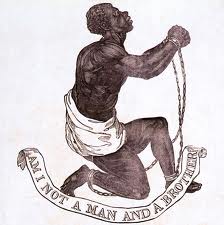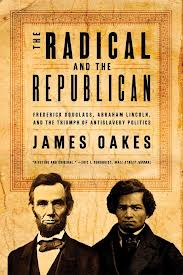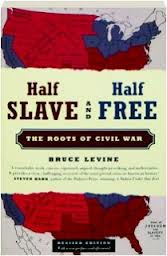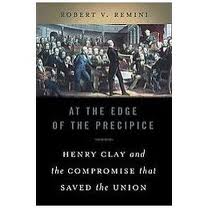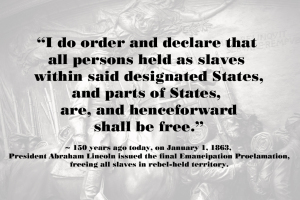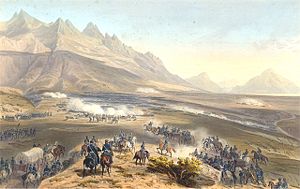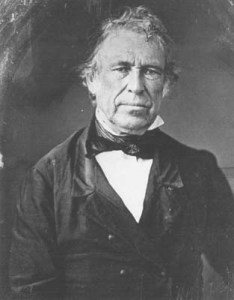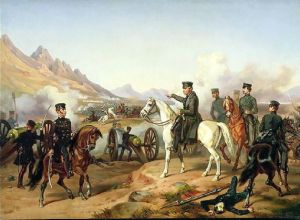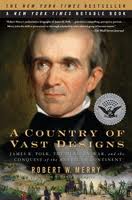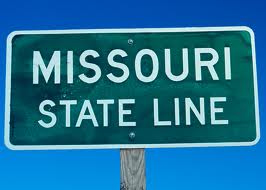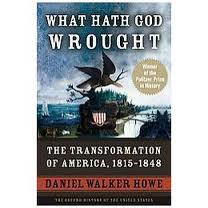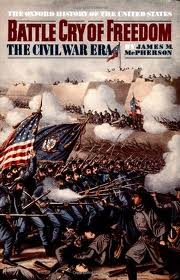In which we discuss the Northern reaction to the new Fugitive Slave Law, which was part of the Compromise of 1850. Plus, we look at the incredible impact of Harriet Beecher Stowe’s anti-slavery novel, Uncle Tom’s Cabin.
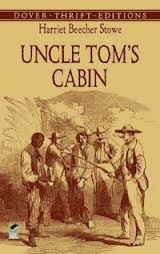
Our book recommendation for this episode is Harriet Beecher Stowe’s Uncle Tom’s Cabin, or Life Among the Lowly. With its publication in 1852, this book changed forever how Americans viewed slavery. It was a runaway bestseller, selling 300,000 copies in its first year.

Listen to Episode 11: FugitiveSlaveLaw


